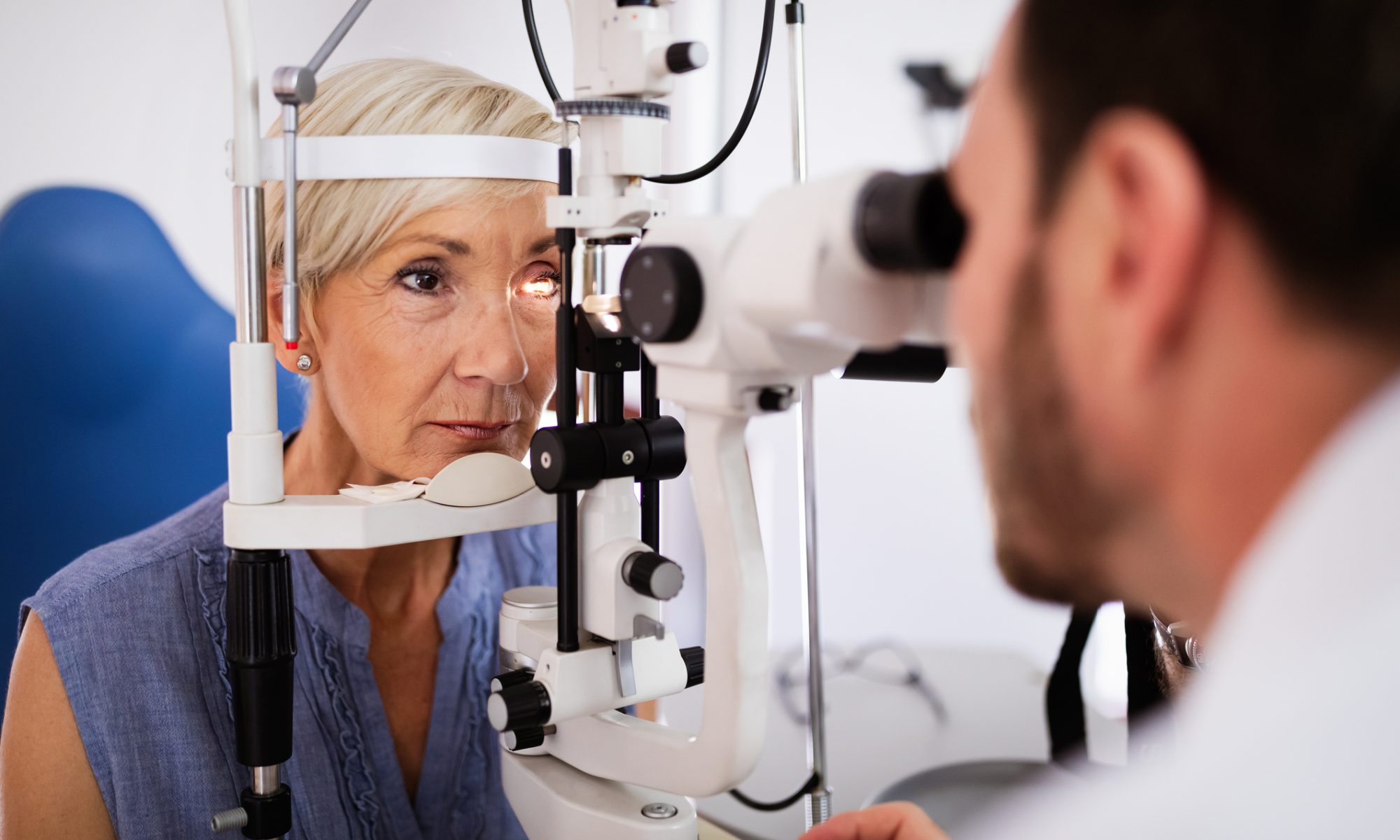By Shawn M. Carter
PHILADELPHIA — Kidneys from adults with a high kidney donor profile index may boost transplantation access, but a multidisciplinary method can bring positive results in groups with low deceased kidney donor transplant rates, a speaker said.
“We treat patients in a predominantly Black community in Brooklyn,” where there may be less access to required medical resources, Fausto Ricardo Cabezas, MD, of SUNY Downstate Health Sciences University in New York, told Healio of research he conducted with his team and that was presented at ASN Kidney Week. Read the full article in Healio.





